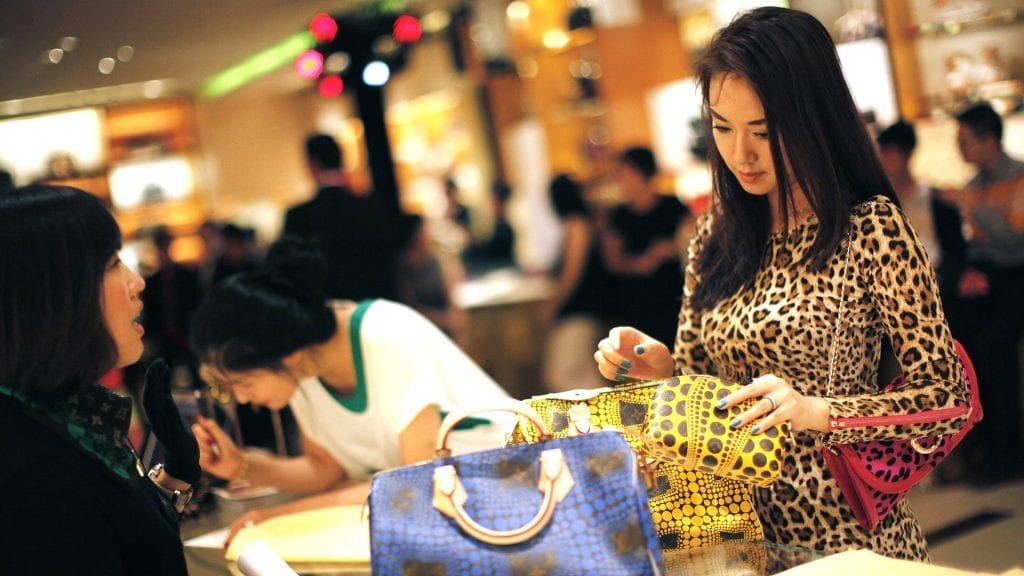
Sales of luxury goods worldwide are set to fall by 23 percent to US$258 billion this 12 months, their largest ever drop and first since 2009, as a result of fallout from the coronavirus pandemic, in line with consultancy Bain.
The anticipated decline, regardless of a powerful sales recovery in China, is on the decrease finish of a 20 percent to 35 percent vary which Bain’s carefully adopted business forecast had predicted in May.
That is because of an even bigger than anticipated rebound in the course of the summer season when lockdown measures had been lifted or eased internationally and shops promoting high-end purses, garments, jewelry, and watches had been reopened.
However, a resurgence of the pandemic in Europe and the United States since October has led to new restrictions and store closures whereas uncertainty linked to the US elections additionally weighed on client sentiment.
The solely vivid spot is China, the place sales have surged because it started to emerge from the well-being disaster within the spring. Sales in mainland China are seen rising by 45 percent at present trade charges to $52 billion this 12 months.
“We have a two-speed world, with Europe and the US strongly hit by the second wave and by social and political uncertainty, while China is relentlessly accelerating day after day,” Federica Levato, a companion at Bain, mentioned.
Fourth-quarter sales are anticipated to drop by 10 percent, though the decline may very well be larger relying on how a lot of the brand new shutdowns hit the essential Christmas season.
Revenues for the likes of Louis Vuitton proprietor LVMH, Hermes, and Prada ought to partly recuperate in 2021, though Bain says it is going to take till the top of 2022 and even 2023 to return to final 12 months’ ranges.
The coronavirus disaster has accelerated three developments, Bain mentioned, with purchases on-line nearly doubling from 12 percent in 2019 to 23 percent in 2020, and e-commerce set to turn into the main channel for luxury purchases by 2025.
International journey curbs have led to folks shopping for extra of their dwelling nations, whereas buyers born from 1981 onwards now account for nearly 60 percent of complete purchases.